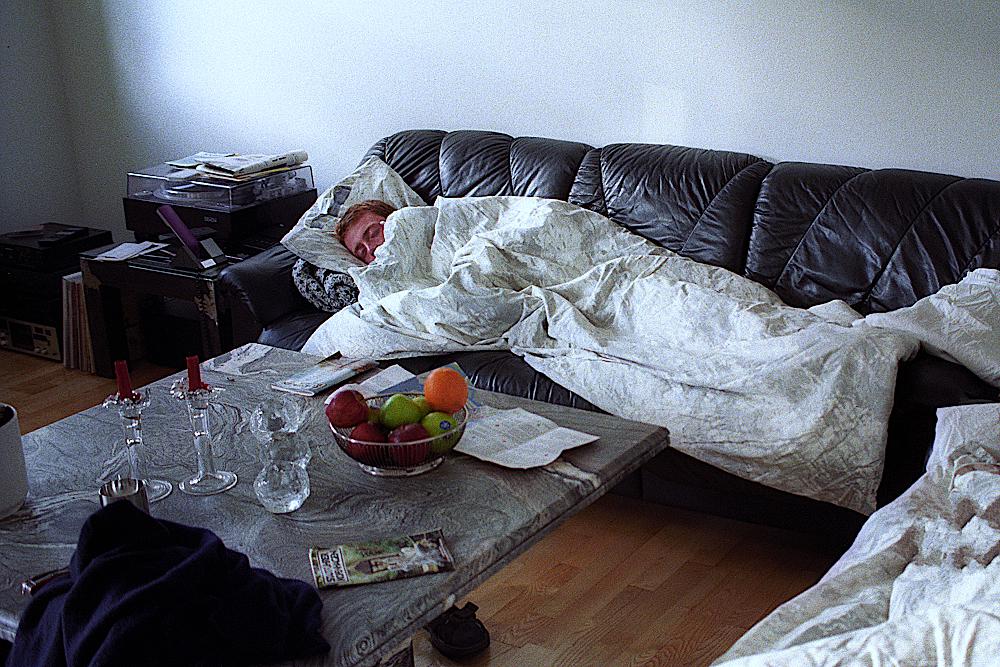
The housing charity Shelter says the city of Brighton and Hove has the highest proportion of people who are officially homeless anywhere in the south-east of England.
And, in a list of the ten worst locations for homelessness, Hastings and Eastbourne are in ninth and tenth place.
The figures are these:
- In Brighton and Hove, one in every 78 people is homeless.
- In Hastings, the rate is much lower: one in every 229.
- In Eastbourne, the rate is similar: one in every 231.
What is 'homeless'?
According to Shelter, these figures only include people in council-arranged temporary accommodation such as hostels or bed-and-breakfast lodgings.
The charity says the real figure is likely to be much higher, if people whose homelessness is undocumented are taken into consideration.
Such people include those who are sofa-surfing, or sleeping rough despite a council's attempted interventions.
What's the bigger picture?
Shelter's new report reveals 23,780 people in the South East are homeless and living in temporary accommodation during the pandemic.
Rising homelessness is already a major problem in our region as a whole — with the latest figures showing 9,000 more people are homeless and in temporary accommodation than five years ago.
However, Shelter argued today that the economic chaos caused by Covid-19 risks "turbo-charging the crisis".
The charity said its analysis of government data showed the number of people in temporary accommodation in the South East jumped by 1,240 (6%) in the first three months after the pandemic struck.
Shelter's Homeless and Forgotten report examines the lives blighted by the housing emergency and lack of social homes.
According to the charity, the situation is leaving thousands stuck in unstable temporary accommodation with nowhere else to go.
Temporary accommodation provided by councils can range from a self-contained flat to an emergency B&B room with shared facilities.
Across the South East 1,760 households (16%) are currently placed into emergency B&Bs and hostels, where, the charity claims, poor conditions and gross overcrowding are rife.
Polly Neate, chief executive of Shelter, said:
"Nearly 24,000 people are homeless and stuck in temporary accommodation in the South East.
"This should shame us all.
With this deadly virus on the loose, 2020 has taught us the value of a safe home like never before.
"But too many are going without, because of the chronic lack of social homes.
"Many people will spend Christmas in grim, dangerous places, cut off from loved ones and faced with a daily struggle to eat or keep clean.
"As the country continues to reel from the financial shockwaves caused by the pandemic, our services will do all they can to support those battling homelessness.
"This year has been unbelievably tough, but with the public's generous support we will do our best to give hope and help to everyone who needs us."
What happens in temporary accommodation?
Shelter conducted 21 in-depth interviews with homeless families and individuals in temporary accommodation across the country.
The charity said the key themes which emerged from the investigation were:
- Feelings of isolation: over half the people interviewed were placed in temporary accommodation out of area, away from jobs, schools and support networks. Several people spoke about feeling lonely, abandoned and forgotten.
- Not being able to stay safe: nearly everyone living in shared accommodation said it was impossible to maintain social distancing. Three people reported sharing basic facilities with people clearly displaying Covid-19 symptoms, resulting in intense fear.
- Struggling to eat properly: over a third of those interviewed said they struggled to prepare food and eat properly during lockdown because of inadequate cooking facilities, with some reporting losing weight or suffering health problems as a result.
- Difficulties keeping clean: many people found it difficult to wash themselves and do laundry due to unhygienic or inadequate washing facilities. A situation made worse as launderettes and public buildings closed because of the lockdown measures.
- Impact on mental wellbeing: 20 out of 21 people said their own, or their partner's, mental health had been negatively affected by living in temporary accommodation.
One interviewee, who the charity is keeping anonymous, said:
"There were residents walking around who thought they had coronavirus and didn't wear a mask.
"Because I'm living in shared accommodation during the pandemic, I wait until the middle of the night to make food, when the kitchen is empty and not full of people - usually five people try to cook at once.
"So, I no longer cook hot meals as social distancing is impossible.
"I mainly eat basic things in my room. I feel like I've been exiled, and nobody seems to care."
About Shelter
Shelter is the UK's leading housing and homelessness charity and believes that everyone should have a safe home.
It helps millions of people every year struggling with bad housing and homelessness through its free emergency helpline, webchat service, and local advice, support and legal services.
And it campaigns to make sure that one day no one will have to turn to Shelter for help.
Its website contains free, expert housing advice: https://www.shelter.org.uk/get_help


 Swedish Draken & D-Day Formation Leads Historic Anniversary Line-up For Eastbourne Airshow
Swedish Draken & D-Day Formation Leads Historic Anniversary Line-up For Eastbourne Airshow
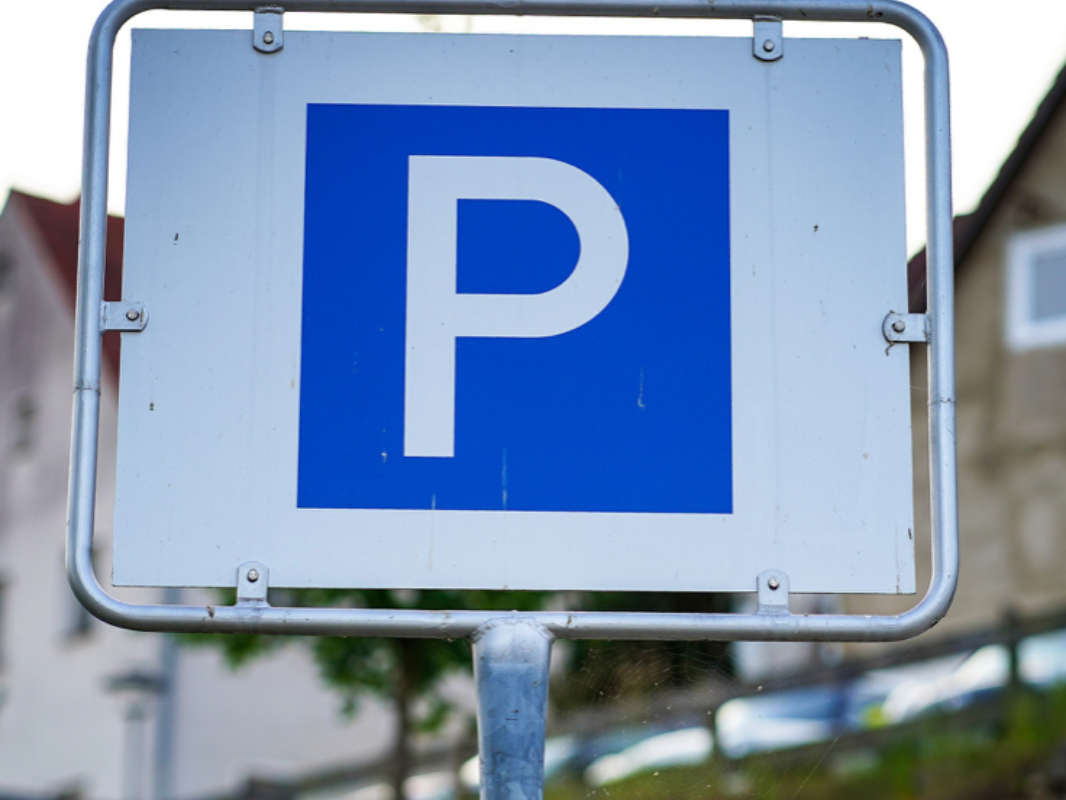 Residents Consulted On New Littlehampton And Bognor Regis Parking Disc Scheme
Residents Consulted On New Littlehampton And Bognor Regis Parking Disc Scheme
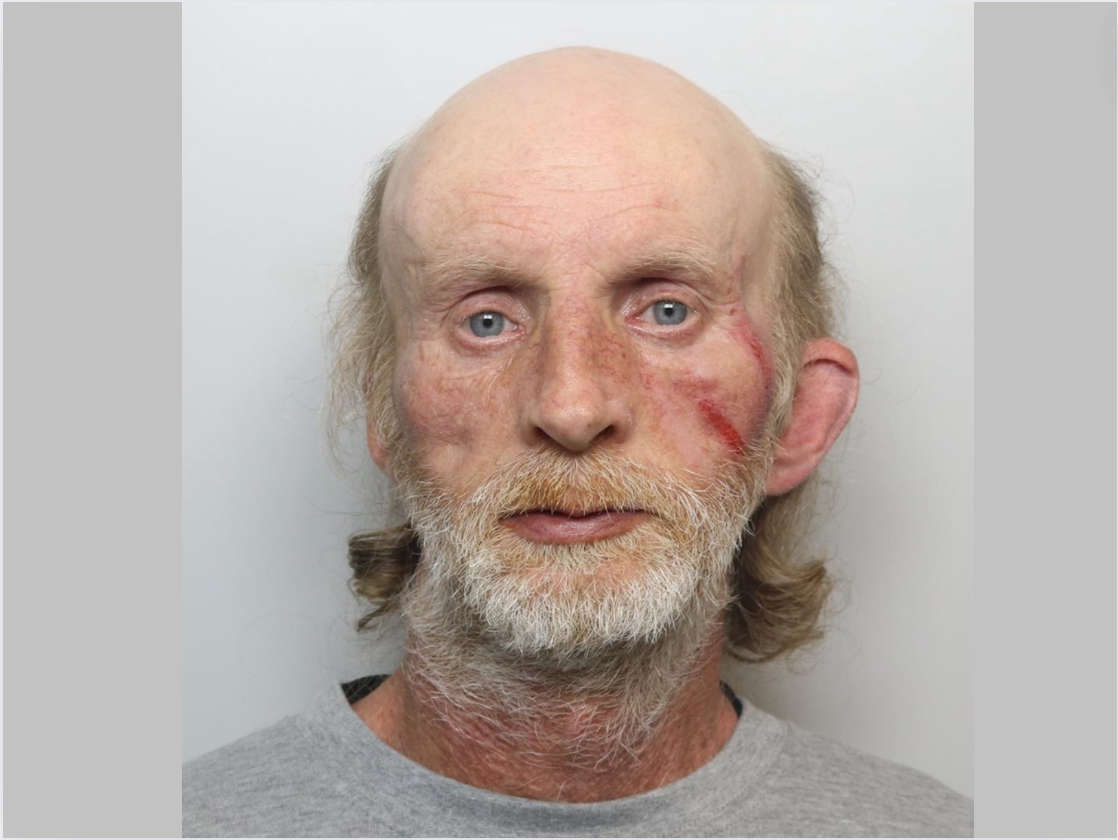 Life Sentence For Man Who Pushed Boy Off Ovingdean Cliffs
Life Sentence For Man Who Pushed Boy Off Ovingdean Cliffs
 BREAKING: Alternative Healer Hongchi Xiao Guilty Of Manslaughter Over Woman's Death At Slapping Therapy Workshop
BREAKING: Alternative Healer Hongchi Xiao Guilty Of Manslaughter Over Woman's Death At Slapping Therapy Workshop
 What's On In Sussex?
What's On In Sussex?
 Prince Harry Says 'It's Still Dangerous' For Meghan To Return To UK
Prince Harry Says 'It's Still Dangerous' For Meghan To Return To UK
 Two Jailed For Rural Crime Spree
Two Jailed For Rural Crime Spree
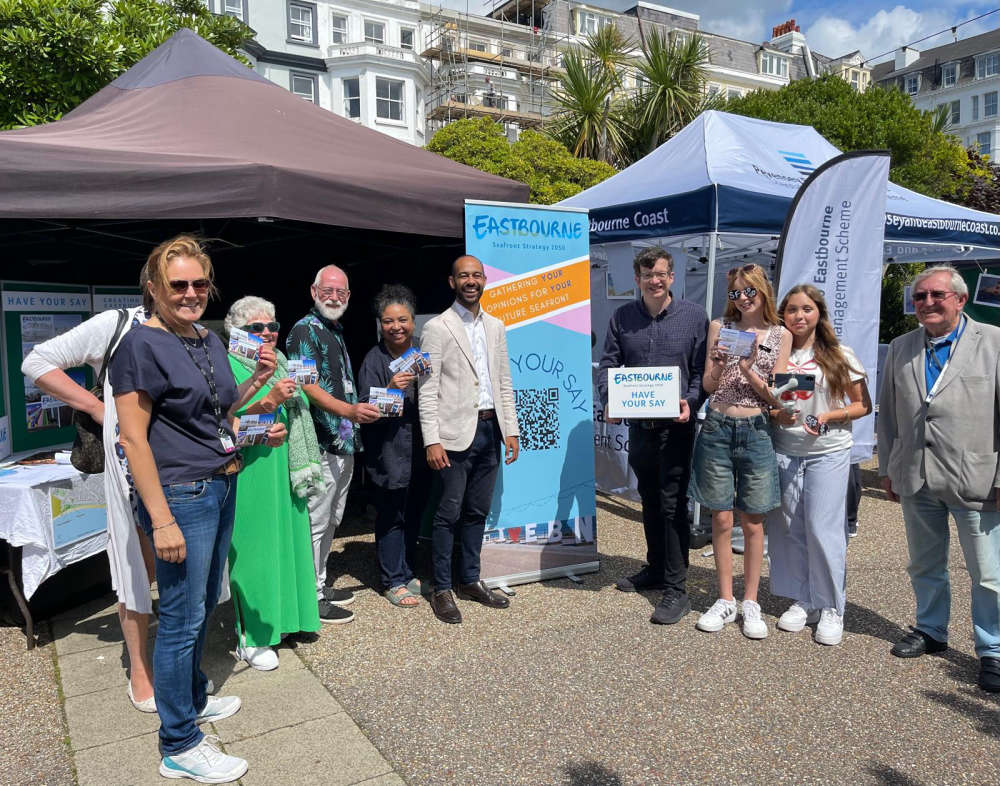 Eastbourne Council To Consult On 2050 Vision For Seafront
Eastbourne Council To Consult On 2050 Vision For Seafront
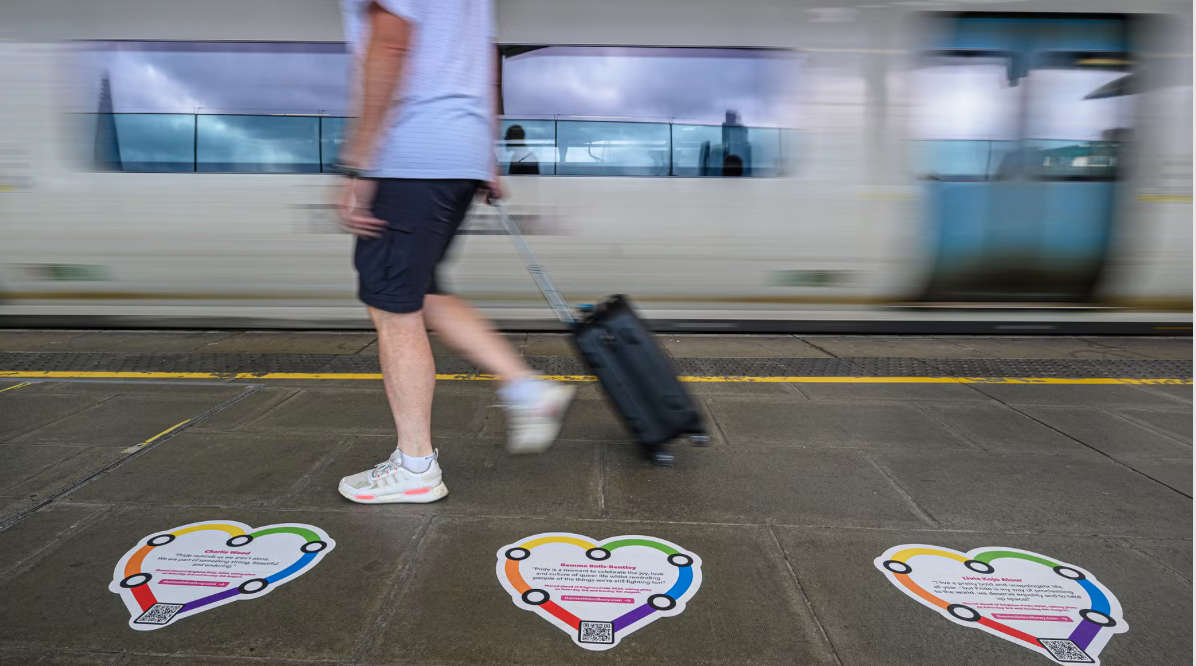 Rail Operator Unveils 'Words Of Pride' In Run-Up To Annual Brighton Event
Rail Operator Unveils 'Words Of Pride' In Run-Up To Annual Brighton Event
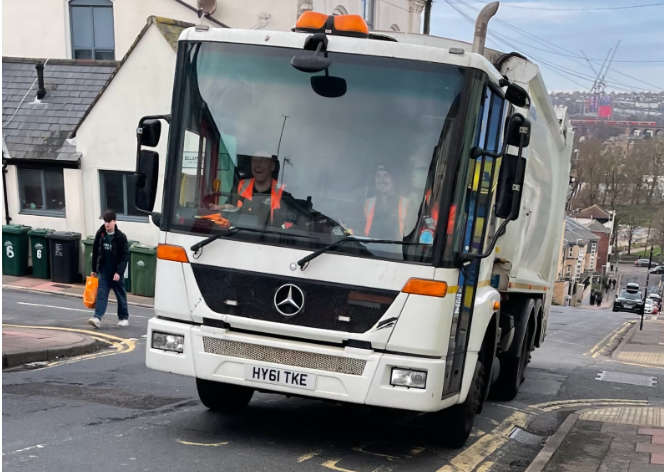 Councillor Keeps Close Eye On Brighton Rubbish Collections
Councillor Keeps Close Eye On Brighton Rubbish Collections
Comments
Add a comment